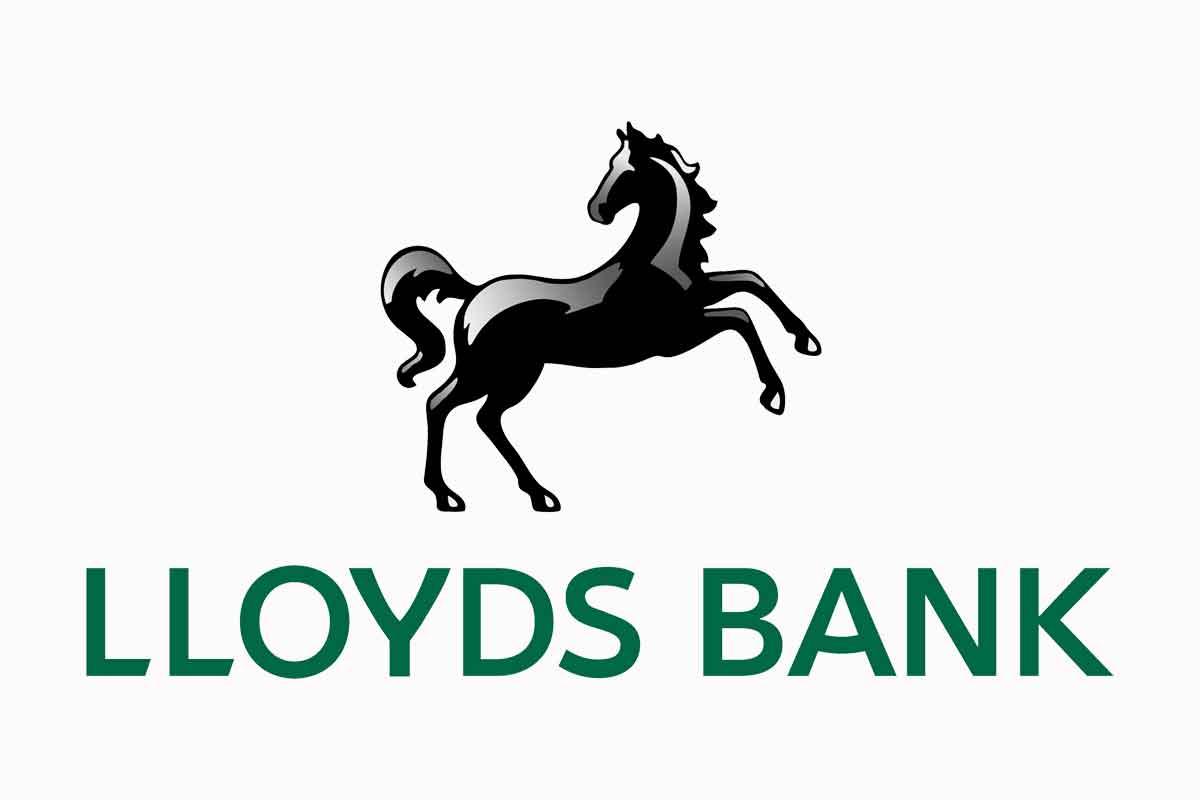In recent years, the financial landscape has continued to evolve, with banks and other financial institutions revising their product offerings to better suit changing market conditions and consumer needs. A prime example of this evolution can be seen in the case of Lloyds Bank and its decision to cease offering bridging loans to businesses, retaining this service exclusively for private banking customers.
This shift has left many in the UK business sector seeking alternatives to meet their short-term financing needs.
Featured pro tools
Bridging loans and their role in business finance
Bridging loans are a type of short-term finance typically used when there’s a gap in financing that needs to be ‘bridged’. They are often employed to secure a property purchase when sale funds from another property are not yet available.
Within the business sector, they have historically provided an efficient way to cover short-term funding gaps, whether for buying commercial premises, covering unexpected expenses, or facilitating a quick business acquisition.
The shift at Lloyds Bank
In the past, Lloyds Bank had been a significant provider of bridging loans to businesses. However, reflecting a broader strategic shift towards a more risk-averse lending policy, the bank now offers bridging loans solely to private banking customers. Lloyds’ private banking customers are typically high-net-worth individuals, for whom bridging finance can be a useful tool in managing their personal property portfolios.
For businesses that previously depended on Lloyds for bridging finance, this policy change may seem a significant challenge. However, there are many viable alternatives in the marketplace.
Alternatives to Lloyds Bank bridging loans
There is a range of alternatives available to businesses seeking short-term financing. Here are a few options:
- Other bridging loan providers: Other banks and specialist lenders offer bridging loans to businesses. These include Barclays, Santander, and HSBC. Specialist lenders like Together, Precise Mortgages, and MT Finance offer a variety of bridging loan options that can be tailored to suit individual business requirements.
- Business loans: Traditional business loans remain a reliable financing option for companies. Many banks and alternative lenders provide secured and unsecured business loans, which can be a suitable alternative depending on your business’ financial health and credit history.
- Invoice financing: For businesses with significant accounts receivable, invoice financing could be an excellent alternative. This process involves a business selling its outstanding invoices to a finance company at a discount, offering immediate access to cash.
- Asset finance: If your business owns valuable assets, asset finance is a viable alternative. Assets such as equipment, property, or vehicles can be used as security to raise funds.
- Crowdfunding or Peer-to-Peer lending: Modern financing methods such as crowdfunding or peer-to-peer lending platforms have gained popularity due to their flexibility and comparatively low interest rates. These platforms allow businesses to raise funds from multiple investors, often with a quicker application process than traditional banks.
Conclusion
While Lloyds Bank’s policy change may initially appear to be a hindrance, it opens up the opportunity for businesses to explore a diverse range of financial solutions that might be more tailored to their needs.
By assessing each alternative carefully and considering your business’s unique circumstances, you can find a financing solution that not only fills the gap left by the Lloyds Bank bridging loan but may offer additional benefits for your business in the long run.
Navigating the financial landscape can be complex, but with the right guidance and a solid understanding of the options available, your business can thrive amidst change.
FAQ – Lloyds Bank bridging loans
No, Lloyds Bank no longer offers bridging loans to businesses. They have revised their policy and now provide bridging loans exclusively to private banking customers.
Lloyds Bank bridging loans are available to private banking customers, typically high-net-worth individuals, to help manage their personal property portfolios.
There are several alternative short-term finance options available, such as business loans, invoice financing, asset finance, and using other providers for bridging loans. Emerging platforms like crowdfunding and peer-to-peer lending also provide viable options for businesses.
Yes, several other banks and specialist lenders are still providing bridging loans to businesses, including Barclays, Santander, and HSBC. Specialist lenders like Together, Precise Mortgages, and MT Finance also offer bridging loan options tailored to individual business needs.
The best alternative will depend on the individual circumstances and financial health of the business. Factors to consider include the business’s credit history, the purpose of the loan, the amount needed, repayment capacity, and the time frame for needing the funds. Professional financial advice can also be helpful in this decision-making process.
No, they are not the same. While both provide businesses with needed capital, a bridging loan is a short-term solution typically used to ‘bridge’ a financial gap, often in property transactions. On the other hand, a business loan is a more general form of borrowing and can be used for a wide range of business purposes.
The speed of obtaining a bridging loan from other lenders can vary widely. However, as they are designed to meet urgent financial needs, the process is often quicker than obtaining a traditional business loan. Depending on the lender and your circumstances, funds can be available within a few days to a couple of weeks.

